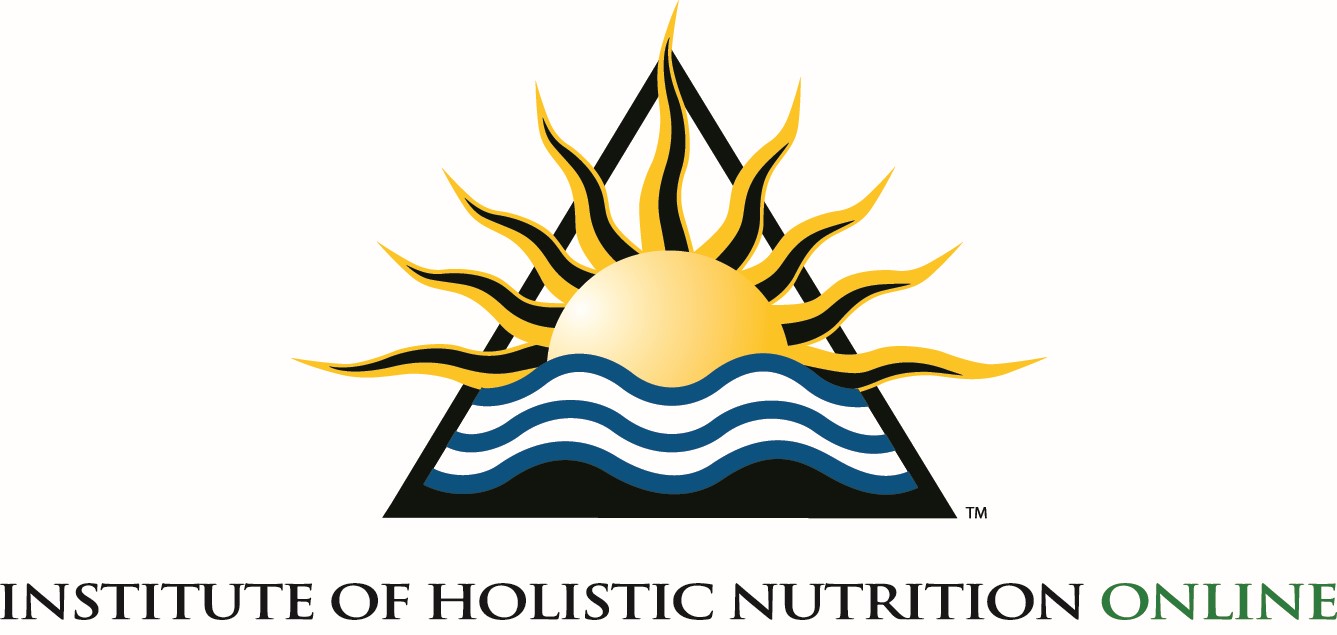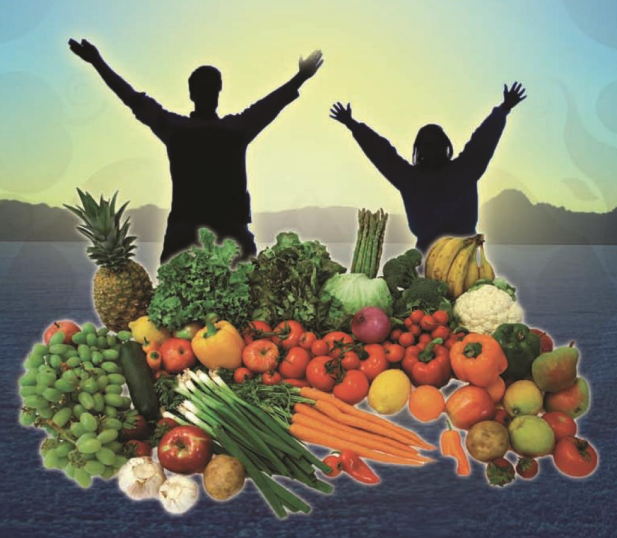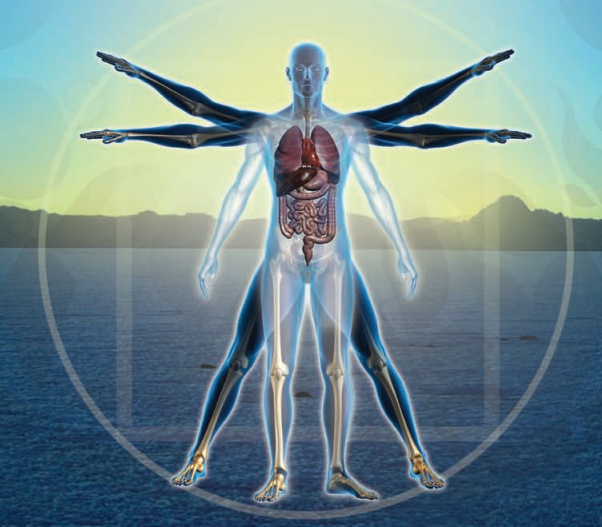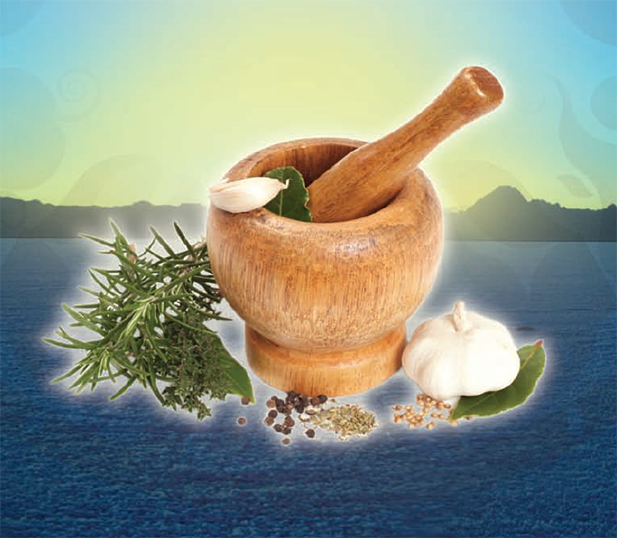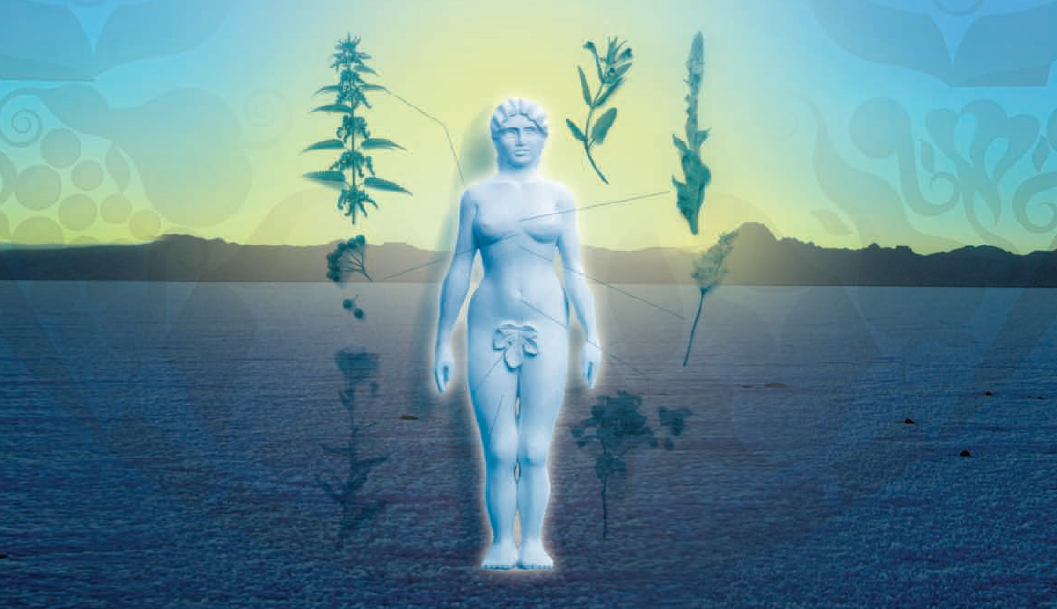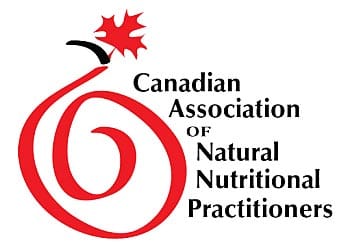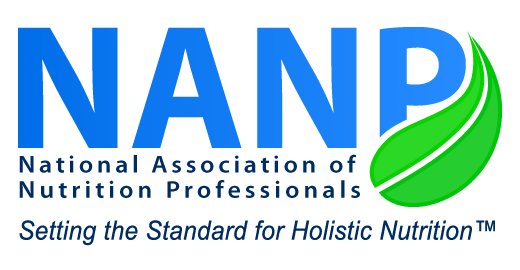Here’s What You’ll Learn in Our Courses
-
FN 001 Nutrition And Health: The Fundamentals
An introduction to the principles of nutrition as they relate to health and to the prevention of disease. This course provides a framework for the study of the basics of nutrition including; micronutrients (vitamins and minerals), the energy-yielding nutrients (Carbohydrates, Lipids and Proteins), metabolism, digestion, absorption and energy balance. This course will also look at lipids in detail: their functions, classification, dietary requirements, digestion & absorption, metabolism and links to the major fatal diseases, heart disease and cancer.
-
AMB 02 Ayurveda: Mind/Body Healing
This course incorporates the philosophy of Holistic Nutrition with spiritual and psychological approaches towards attaining optimal health, through the connection and benefits of sound body and mind. This course will explain the principles and practical applications of Ayurveda, the oldest healing system in the world. Students will learn about the three forces – Vata, Pitta and Kapha, that combine in each being into a distinct constitution. Practical dietary and lifestyle recommendations for different constitutions will also be explored in real case studies.
-
NE 009 Nutrition And The Environment
Based on an underlying philosophy that environments maintain and promote health and that individuals have a right to self-determination and self-knowledge, this course will present nutrition principles which promote health and prevent disease. Topics will consider the safety of our food supply, naturally occurring and environmental toxins in foods, microbes and food poisoning.
-
BC 001 Biological Chemistry
This introduction to chemistry will aid understanding towards the nature of atomic structure, qualitative chemical reactions and how they originate in our environment and other living organisms. This course will also cover nomenclature, isomerism, main functional groups, properties and characteristics of organic compounds including an introduction to the physical, structural and biological properties of carbohydrates, proteins, lipids and nucleic acids.
-
HAP 01 Human Anatomy And Physiology
This course includes the study of normal anatomy and physiology of the human body, beginning with the structure and function of the cell and continuing with the organization of the cell into organs. Specific topics covered will be transport mechanisms, the lymphatic system, the gastrointestinal tract, the endocrine system and the reproductive system. The interrelationship between systems will be explored with a focus on integrative and homeostatic control mechanisms.
-
BM 002 Body Metabolism
Nutrition is intimately linked with body metabolism. The goal of this course is to give you an understanding of what the body does with the food we eat. We begin with a detailed study of enzymes including the importance of vitamins and minerals. We then examine metabolic reactions used to obtain energy from carbohydrates, protein and fat as well as reactions used to rid our body of wastes such as urea and uric acid. The key role of the liver in metabolism will be emphasized throughout the course. Other topics will include digestive hormones, production of lactic acid, lipid carriers and the effects of low carbohydrate diets, including the effect on insulin/glucagon ratio, gluconeogenesis, ketosis and more.
-
CD 011 Comparative Diets
This course provides a holistic model methodology in evaluating principles of food dynamics, nutrient proportions, holistic individuality, the law of opposites, food combining, and more. Students learn and assess the many therapeutic benefits and limitations of several alternative diet approaches, including: modern diets (intermittent fasting, macrobiotics), food combining (colour-therapy/rainbow diet), high protein diets (Ketogenic, Paleo), Vegetarian approaches (plant-based/vegetarian/vegan variations, fruitarian, raw food), as well as cleansing and detoxification diets (caffeine, alcohol, and nicotine detoxes, juice fasts). With the knowledge gained in this course, students will be able to identify individual’s dietary imbalances, and analyze macronutrient proportions to design custom health-promoting diets and lifestyle programs.
-
NLS 010 Nutrition Through The Life Span
Nutrient needs and nutritional status are explored using a life span model. Areas of emphasis include growth and development, high risk pediatric groups, infant childhood allergies and diseases. Womens’ and Mens’ health concerns and the nutrition challenges faced by our aging society will also be examined.
-
NS 003 Nutritional Symptomatology Part I
Understand the clinical assessment of nutritional status by interpreting physiological symptoms and their relationships to nutritional deficiencies and excesses. Learn the inter-relationships that exist between nutrients and how these play a critical role in determining optimal nutritional requirements. Students will develop foundational as well as specific protocols for balanced nutritional health.
Students will understand how physiological symptoms reflect and determine one’s nutritional status. Students will learn the essential principles of biochemical individuality and how this plays a critical role in determining optimal nutritional requirements, specific nutritional deficiencies and toxicities.
-
PHC 005 Preventative Health Care
Nutrition is positioned as a significant factor in the presentation of many disease states. Learn how proper nutrition can protect against, reverse and/or retard many ailments including: osteoporosis, diabetes, atherosclerosis and high blood pressure, arthritis, cancer, anemia, kidney disease and colon cancer. Current research developments on phytochemicals, antioxidants and nutraceuticals will be explored.
-
NR 006 Advanced Nutrition Research
Emphasis in this course will be given to statistical research techniques used by academics and practitioners in the field of nutrition. The course involves examining ethical considerations, appropriateness, reliability and validity of research designs. Students will be encouraged to critically analyze research literature in this field.
-
HFP 04 Holistic Food Preparation
The kitchen is the unique laboratory where pure, natural and whole ingredients are transformed into healthful, vibrant dishes. Hands-on experience in preparation of breakfast “power-drinks”, nourishing soups, simple one-pot dishes and several Ayurvedic food items brings another dimension to the holistic curriculum.
Emphasis is on proper preparation of grains through soaking, sprouting or fermentation and choice of healthy un-processed oils and fats to preserve and enhance nutritional value of foods. Raw foods, fermented condiments and other high enzyme preparations will be explored.
All cooking classes are vegetarian.
-
NS 003 Nutritional Symptomatology Part 2
This course takes the knowledge from level 1 Nutritional Symptomatology courses to a new level. Provides a thorough understanding of underlying causes of disease and methods to prevent them. Provides practical information about an array of assessment tools including: Nutribody Questionnaire, Hair Mineral Analysis, pH Testing, Thermography and Basal Temperature Test. Covers symptomatology and specific supplementation, diet and life style protocols for more complex conditions, including leaky gut syndrome, Crohn’s, endocrine dysfunctions, CFS, heavy metal toxicity, liver and kidney detoxification, immune system issues and cancer. Students will have the opportunity to apply their knowledge on various case studies.
-
NP 07 Nutritional Pathology
This course provides a thorough understanding in the study of the traits, causes and effects of disease, as seen in the structure and workings of the Human body. The course will focus on the several body systems, including the etiology of various disease states and effective recognition of the various nutritional factors involved with the disease process. Pathology and symptomatology of various conditions that will be covered include those that affect the digestive, gastrointestinal, respiratory, urinary, endocrine, reproductive, cardiovascular, musculo-skeletal, immune and nervous systems. Students will also learn proper terminology involved in identifying various disease conditions.
-
HM 008 Herbal Medicine
Learn the healing and rejuvenating effects of medicinal herbs. Special emphasis is placed on herbal terminology, levels of application (including tonics, heroics and specifics), chronic condition application, remedies for stress, detoxification and antiviral, antibiotic and immune stimulating herbs.
-
POD 012 The Psychology of Disease
This course offers a comprehensive guide to energy and its pathways throughout the body. It discusses “thought” and “emotion” and their relationship to energy and to disease. It challenges the student to explore the thought patterns that may be inhibiting their own health & balance and their ability to succeed at goals.
-
PSD 01 Professional Skills Development
This course will exemplify the effective use of communication vehicles in professional practice. Combining motivation and communication theory with an audience-centered approach, students will learn to master skills in oral and written professional communication activities.
-
FSN 013 Fitness and Sports Nutrition
The main focus of this course is the role of nutrition in fitness and sports. Methods are focused on where nutrition can help maximize muscle strength, endurance, and flexibility; through building muscle and reducing fat. Techniques for guiding athletes in proper nutrition in training, and effective methods to prevent dehydration and sports related injuries due to insufficient nutrient levels. Real case studies are examined, exploring leading methods & techniques in optimizing sports performance with proper nutrition.
-
PP 001 Professional Practice
This course is designed to provide the tools and skills necessary to succeed in professional practice. Practicing in health service, community, business and educational settings will be thoroughly covered. Topics include legal framework, marketing techniques, defining goals, consulting skills, time management, client relationships, building rapport, professionalism and a recap on effective communication skills.
-
PP 002 Professional Co-Op Placement
A 140 hour co-operative placement is part of the diploma program. Students are placed in settings where they have a keen interest. Settings include, but are not limited to, holistic nutrition clinics, chiropractic offices, spas & other fitness organizations, health food stores, homeopathic/naturopathic clinics and senior facilities involving individual and group therapy. The Co-operative placement allows students to build confidence and become familiar with a clinical/practice setting in the alternative health field. The placement is at the end of the final semester of the program.
Is a Rewarding Career in Holistic Nutrition Right for You? Get More Info…
If you’re interested in learning more about our courses, careers in Holistic Nutrition and exploring whether online training with Institute of Holistic Nutrition Online is right for you, on this page to receive more information.
For immediate questions, call 1-800-939-9776
